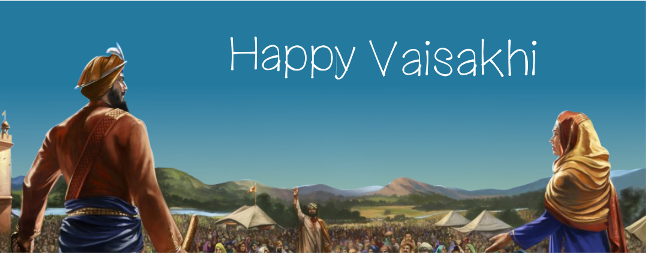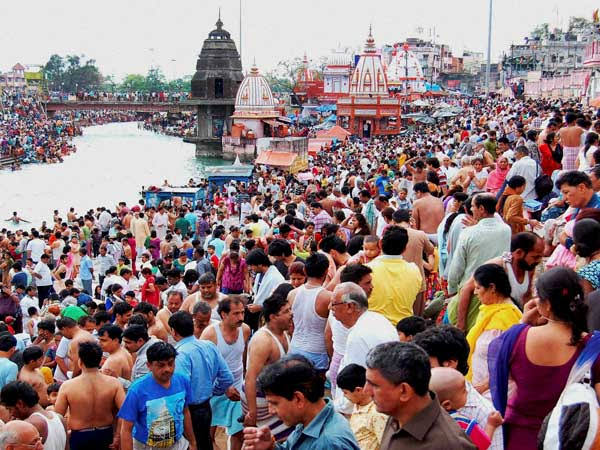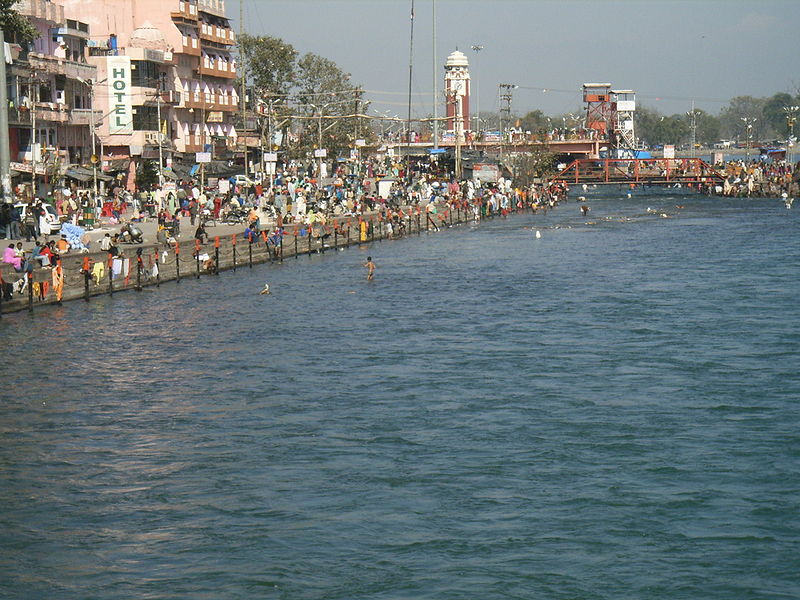
Vaisakhi is one of the most popular and important festivals celebrated in the state of Punjab and various other parts of India. It is an annual harvest festival that marks the beginning of the Hindu and Sikh solar New year. This year, Vaisakhi falls on Tuesday 13 April.
On Vaisakhi, Mandirs (Hindu temples) and Gurdwaras (Sikh temples) are decorated. Hindus perform a mandatory Daan (charity) especially of hand fans, water pitchers and seasonal fruits followed by a ritual dip in Ganga river or any holy river. Community fairs are held at Hindu pilgrimage sites and a procession of temple deities is taken out. Sikhs hold kirtans and visit local Gurdwaras and community fairs and nagar kirtan processions are held with people gathering to socialise and share festive foods. The harvest festival is also characterized by the folk dance, Bhangra which traditionally is a harvest dance.
Vaisakhi also marks the formation of ‘Khalsa Panth’ - Sikhism was born as a collective faith under the tenth Sikh Guru, Guru Gobind Singh, in 1699. The Khalsa Panth was formed after the execution of the ninth Sikh Guru, Guru Teg Bahadur Singh, who did not follow Aurangzeb's orders and refused to convert to Islam. Vaisakhi was also the day when British troops fired on a large crowd of unarmed Indians in an open space known as the Jallianwala Bagh in Amritsar, Punjab state of India, killing and wounding several hundred people.

Hindus are taking dip in Ganges River (source: Wikimedia)
Vaisakhi is the day when Hindus believe the River Goddess Ganga descended on earth from heaven. One of the largest Vaisakhi fairs in India is held at Haridwar, which is an important Hindu pilgrimage. Around 50 lakhs pilgrims throng Brahm Kund in Haridwar to take a dip in Ganga River on this festival.

River Ganges, Haridwar (Source: Wikimedia)
![]()
Neera Sahni, Research Services Leader, Parramatta Heritage Centre, City of Parramatta, 2021


